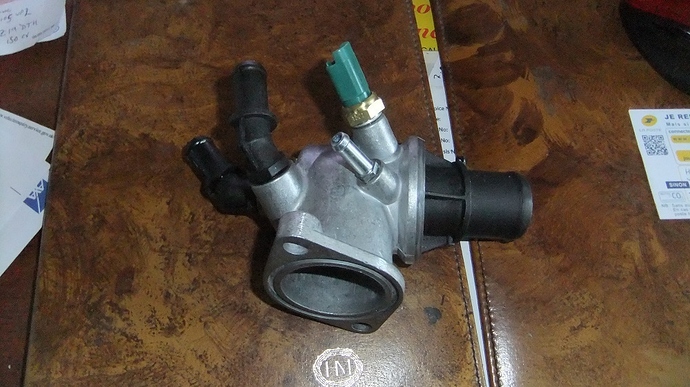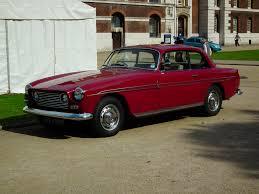So the Volkswagen Audi Group (V.A.G.) have been caught fiddling their cars’ emission results! This, for them, will be a PR nightmare & deservedly so. But this is more of a trust issue rather than an environmental one in my view. Let me explain…
I am a petrolhead, garagiste & now an “accidental environmentalist”. The first two go together but how can you enjoy big, noisy, polluting engines on one hand while claiming to care about the planet on the other?
I have a theory – well, a few, actually, based on nothing more than observation & common sense. The internal combustion engine produces harmful emissions, no argument, but so do many industrial & natural processes. Livestock produces 18% of all greenhouse gases while other food growing necessities account for another 9%, though some of this is from machinery, tractors & delivery trucks. The 18% figure, I have read, is more than cars, planes and all other forms of transport put together. This puts the bulk of greenhouse gas production down to manufacturing processes yet it is always the humble combustion engine which is subject to tighter & tighter control.
The way I figure it the motor industry IS to blame for much of the pollution! I cannot quote figures but I’m sure that the energy used to smelt steel, run factories, produce plastics, manufacture, package & transport components & assemblies, provide transport, heat & light for employees, etc, will produce more pollution per vehicle than whatever wisps of noxious gas come out of a car exhaust during its lifetime! Of course, at the end of its life a car has to be recycled. This also requires a large amount of energy too.
The thing I notice, though, is the waste going on just to keep a car on the road. The way I see things once the major pollution stage is out of the way it makes sense to keep a car in use for as long as possible, thus reducing a car’s lifetime pollution footprint per mile, before scrapping it. I used to get angry at the UK government’s recent scrapping scheme – not a totally silly idea in theory but badly implemented. Old, worn out cars would have to be scrapped when they failed the MOT emissions test anyway, or repaired to bring them back to standard & the scheme made the former a sensible choice but because used car prices in the UK do not reflect physical values, just market forces, some very good cars with a potentially long life ahead of them ended up being destroyed. A relation of mine had a 12 year old Peugeot 106 which she used rarely. It was kept in her garage & never went out in the rain. When she wanted to change it the trade value was £300 despite its low (23000) miles & perfect condition. But if traded under the government scheme she would get £1200! The only condition was that the car HAD to be destroyed.
This brings me to the subject which annoys me most – the waste produced by motor manufacturers thoughtless design & manufacture & the extra pollution this must produce! A prime example came to light this week with a customer’s car having a problem with the heater. The engine temperature took a long time to rise to its correct point – classic faulty thermostat. This part is a simple thing made of brass & copper & one usually removed 3 bolts, removed old part & inserted new part. Refix the 3 bolts & add coolant to level.
The new part duly ordered arrived on Friday & consists of the new thermostat, plastic housing, metal housing, 2 plastic hose connectors, 1 metal hose connector & a new temperature sender as a single part! So I have to buy, fit & pay for 7 components when I only needed one! Someone made all the bits, assembled them, packed them, transported them & stored them & now 6 of those still perfectly good parts will end up in landfill! What a waste of resource & money!
The scandal is that most car companies are as wasteful. Renault will only sell you a set of 8 rockers when you only need 2. Some will only sell a set of 4 diesel injectors at a cost of 1500 euros when you only need one! Fortunately now there are other sources but I think you get the point. The cost of some repairs can render quite a new & valuable car uneconomical so it can end up being scrapped at quite an early age.
This is not the way to get the most out of a car thus reducing its “per mile” carbon footprint. Surely it is environmentally better to produce fewer new cars by producing better quality ones? My 1942 GMC truck, having not turned a wheel for 25 years, runs sweetly having required the replacement of rubber hoses & a good service & I can buy everything for it “off the shelf” one bolt at a time!
Where are the voices of Greenpeace & the like?


